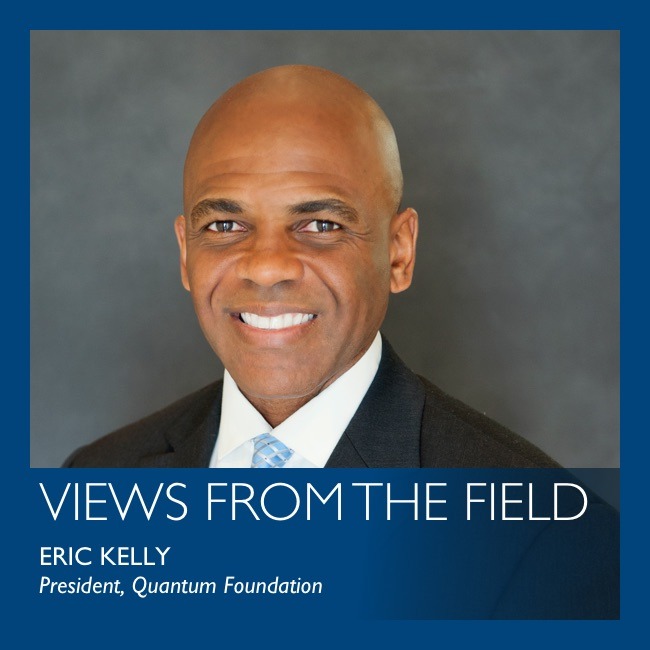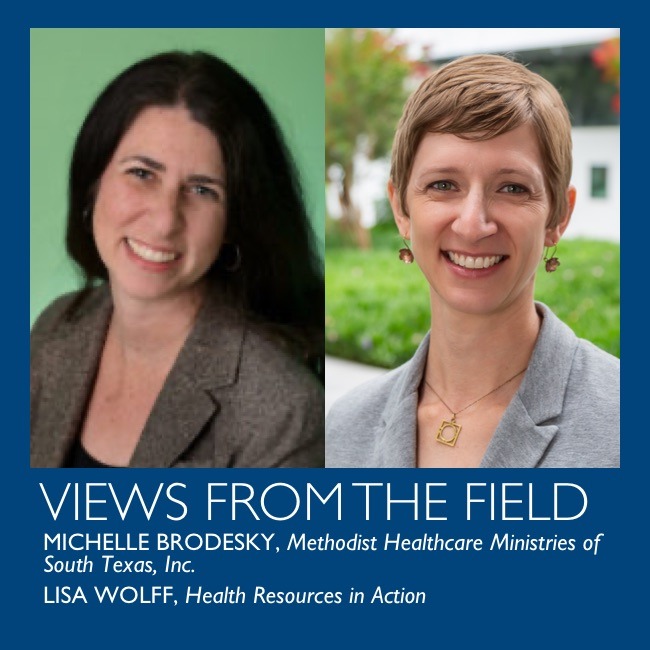Can We Have It All? Balancing Key Factors in Evaluating a Grant Portfolio
Like many funding organizations, Methodist Healthcare Ministries of South Texas, Inc., has been on a journey to incorporate strategic evaluation into its grantmaking, and in 2019, completed an ambitious suite of impact evaluations. The evaluation had multiple aims, including: determining the portfolio’s impact; examining the impact of each intervention via program-level studies; and supporting grantees’ use of and capacity to engage in these and future evaluations.
Building an Equitable Future for Health and Well-Being
FORESIGHT is the name for a partnership of 17 philanthropies that is catalyzing a vision for the future of health and well-being centered on two things: the game-changing trends, challenges, and opportunities on the horizon; and the aspirations of a diversity of communities throughout the U.S.










